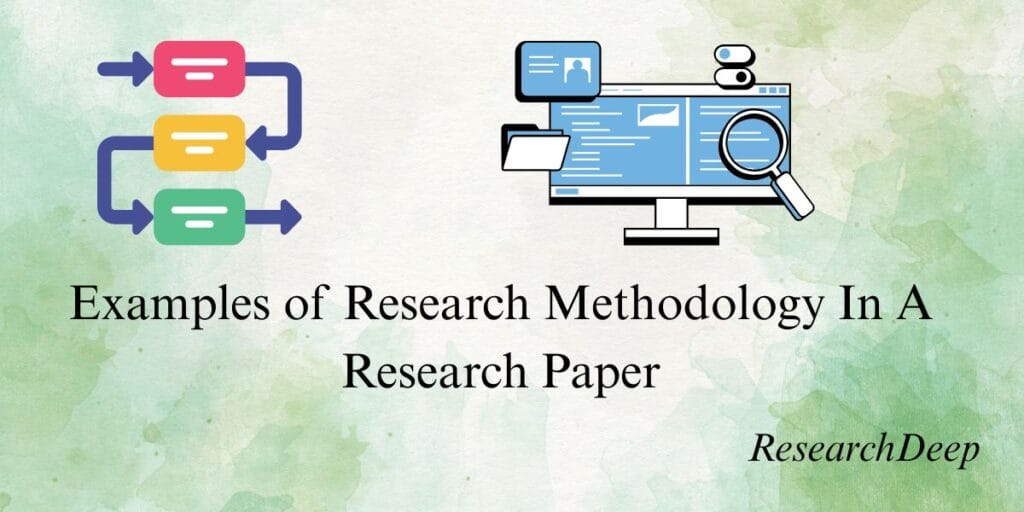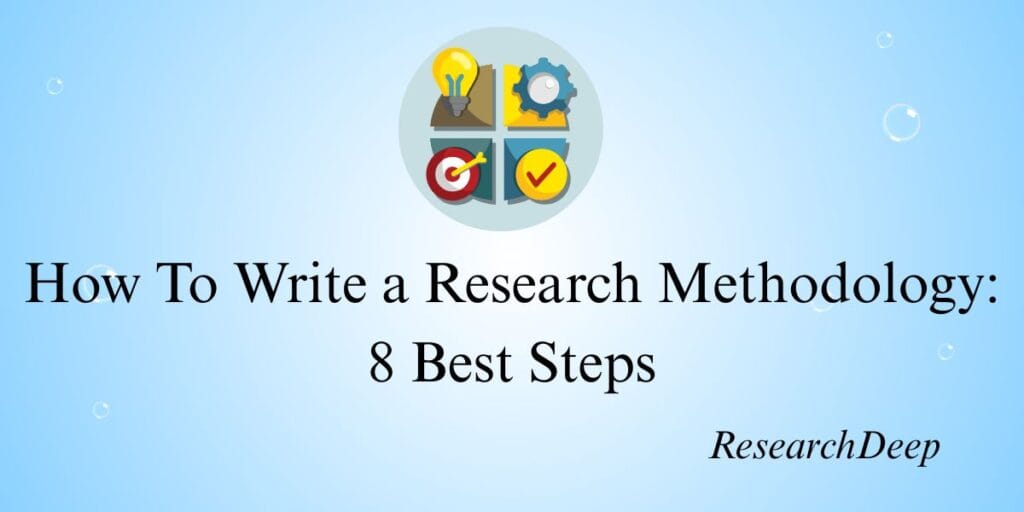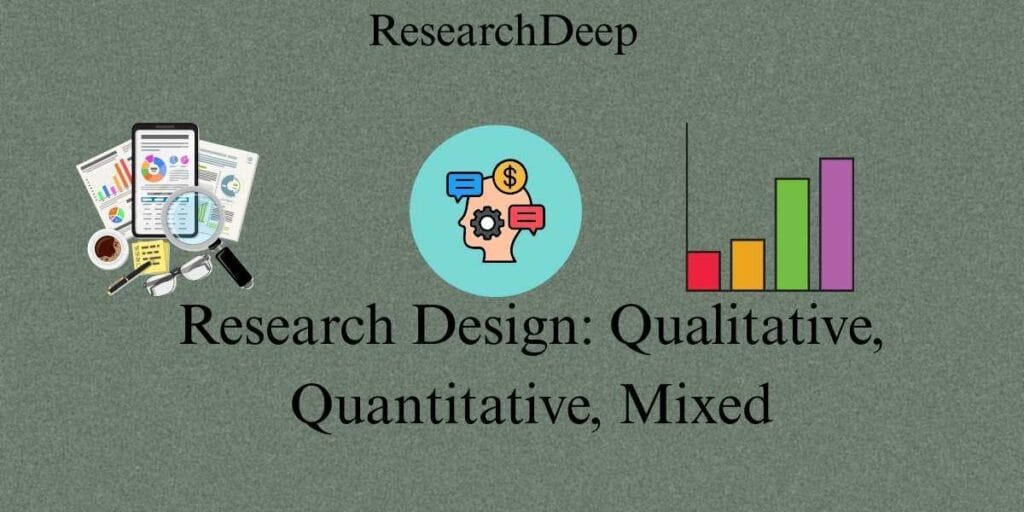| Examples | Description |
|---|---|
| 1. Clarity | The question should be specific and unambiguous, easily understood by both the researcher and the audience (Wordvice, 2024). |
| 2. Feasibility | It should be answerable within the researcher’s available resources, including time, access to data, and expertise (Research.com, 2025). |
| 3. Relevance | The question must address significant issues in the field, contribute to existing knowledge, or address practical problems (NIH, 2023). |
| 4. Originality | It should explore gaps in the existing literature, offering new insights or perspectives on a topic (Scribbr, 2022). |
| 5. Complexity | The question should require analysis and synthesis of information rather than a simple “yes” or “no” answer, promoting deeper investigation and discussion (Scribbr, 2022). |
| 6. Ethical | The question should not raise any ethical concerns or violate the rights of research participants, ensuring responsible and respectful inquiry (NIH, 2023). |
Good Research Questions Examples Across Disciplines
To illustrate the characteristics of effective research questions, here are examples from various academic fields:
Healthcare
- Poor: What are the treatments for back pain?
- Good: What are the most effective treatments for chronic back pain among UK senior males? (GradCoach, 2023)
The improved question is specific and solution-oriented, focusing on clear variables within a well-defined context.
Business/Management
- Poor: How does leadership impact employees?
- Good: How do leadership styles impact employee retention?
The refined question targets a clear cause-and-effect relationship, making it focused and comprehensive.
Computer Science
- Poor: What are the risks of cloud storage?
- Good: What are the perceived risks of cloud-based storage systems?
The improved question aligns well with a qualitative approach, aiming to understand users’ perceptions of key risks.
Social Sciences
- Poor: Does social media affect people’s behavior?
- Good: What effect does the daily use of YouTube have on the attention span of children aged under 16? (Research.com, 2025)
The refined question is specific and focused, allowing for data collection and analysis to discover an answer.
Education
- Poor: What is the impact of technology in the classroom?
- Good: How do teachers use technology to enhance student learning in the classroom? (Wordvice, 2023)
The improved question explores the methods and strategies teachers employ, providing a clear direction for the research.
Case Studies
Case Study 1: The Impact of Specificity
Researchers studying the effects of social media on adolescent mental health initially struggled with a broad question: “How does social media affect youth?” After refining their question to “What is the relationship between social media usage and anxiety levels in teenagers?” they achieved more meaningful findings and actionable recommendations (Johnson & Smith, 2022).
Case Study 2: Consequences of Vague Questions
A project analyzing educational outcomes in rural schools failed to yield significant results due to a poorly defined question: “What is the impact of education?” The lack of specificity led to inconclusive findings, highlighting the necessity of a focused research question (Brown, 2022).
Case Study 3: The Impact of Research Questions in Education
A case study conducted by Smith et al. (2020) examined the effects of specific research questions on educational outcomes. The researchers found that schools that encouraged teachers to develop focused research questions saw a 25% increase in student engagement and a 15% improvement in academic performance.
This case study highlights how good research questions can lead to tangible benefits in educational settings.
Common Mistakes in Formulating Research Questions
Researchers, especially novices, often make common mistakes when formulating research questions. Awareness of these pitfalls can help in crafting more effective questions:
- Insufficiently Motivated Questions: Questions that lack a clear rationale or significance in the field (Social Sci LibreTexts, 2021).
- Unresearchable Problems: Questions that cannot be answered adequately based on observed evidence or accepted methods (Social Sci LibreTexts, 2021).
- Overly Broad Questions: Questions that are too general and lack a specific focus, making them difficult to address thoroughly (Wordvice, 2024).
- Leading Questions: Questions that are phrased in a way that influences the responses of participants, leading to biased results (Researcher’s Life, 2023).
- Failure to Provide Context: Questions that do not provide the proper context to frame the research make it difficult to understand the purpose (UST Journals, 2023).
FAQs
What makes a good research question?
A good research question is clear, focused, feasible, relevant, original, complex, and ethical.
How do you develop a research question?
Developing a research question involves choosing a research topic, conducting a literature review, narrowing the focus, and evaluating the question.
What are the types of research questions?
Research questions can be descriptive, comparative, relational, exploratory, or experimental, depending on the study’s objectives.
How can frameworks help in constructing research questions?
Why is a research question important?
A research question guides the research process, defines the scope, and enhances the rigor and relevance of the study.
Conclusion
In conclusion, examining good research questions and examples is essential for researchers across all disciplines. A well-defined research question shapes the research design, methodology, and overall direction of the study. By understanding the characteristics of effective questions, utilizing frameworks, and avoiding common pitfalls, researchers can formulate inquiries that address significant research gaps in knowledge.
The statistics and case studies presented underscore the critical nature of this initial step in the research process. Investing time in crafting robust research questions can significantly increase the likelihood of successful outcomes, ultimately contributing to the advancement of knowledge in the respective field. By adopting a methodical approach to question formulation, researchers can enhance their studies’ rigor and relevance, setting the stage for meaningful contributions to their disciplines.
Ultimately, the ability to formulate clear and focused research questions is a foundational skill that sets the stage for all subsequent steps in the research process.
References
- Boote, D. N., & Beile, P. (2005). Scholars Before Researchers: On the Centrality of the Dissertation Literature Review in Research Preparation. Educational Researcher, 34(6), 3-15.
- Brown, L. (2022). The Consequences of Vague Research Questions: A Case Study. Journal of Educational Research, 45(3), 123-135.
- Bryman, A. (2016). Social Research Methods (5th ed.). Oxford University Press.
- Creswell, J. W. (2014). Research Design: Qualitative, Quantitative, and Mixed Methods Approaches. SAGE Publications.
- Creswell, J. W., & Creswell, J. D. (2018). Research Design: Qualitative, Quantitative, and Mixed Methods Approaches (5th ed.). SAGE Publications.
- GradCoach. (2023). Research Question Examples & Ideas: The ULTIMATE List. GradCoach.com.
- Johnson, R., & Smith, T. (2022). The Impact of Social Media on Adolescent Mental Health. Journal of Psychology and Behavioral Science, 10(2), 45-60.
- NIH. (2023). Formulation of Research Question – Stepwise Approach. National Institutes of Health.
- National Science Foundation. (2021). Survey of Doctorate Recipients. NSF.
- Research.com. (2025). How to Write a Research Question for 2025: Types, Steps, and Examples. Research.com.
- Researcher.Life. (2023). Errors in Research: 7 Common Mistakes to Avoid In Research Projects. Researcher.Life.
- Sackett, D. L., Rosenberg, W. M., Gray, J. A. M., Haynes, R. B., & Richardson, W. S. (2000). Evidence-Based Medicine: What It Is and What It Isn’t. BMJ, 312(7023), 71-72.
- Scribbr. (2022). Writing Strong Research Questions | Criteria & Examples. Scribbr.com.
- Smith, J. (2021). Why Research Questions Matter: A Statistical Analysis. Research Methodology Review, 12(1), 89-104.
- Social Sci LibreTexts. (2021). Common Mistakes in Research. Social Sci LibreTexts.
- Statistics Solutions. (2023). How you ask matters: The wording of your research question affects your analysis. Statistics Solutions.
- UST Journals. (2023). Common Mistakes Committed and Challenges Faced in Research Proposal Writing by University of Aden Postgraduate Students. UST Journals.
- Wordvice. (2024). How to Write a Good Research Question Title (w/ Examples). Wordvice.com.


